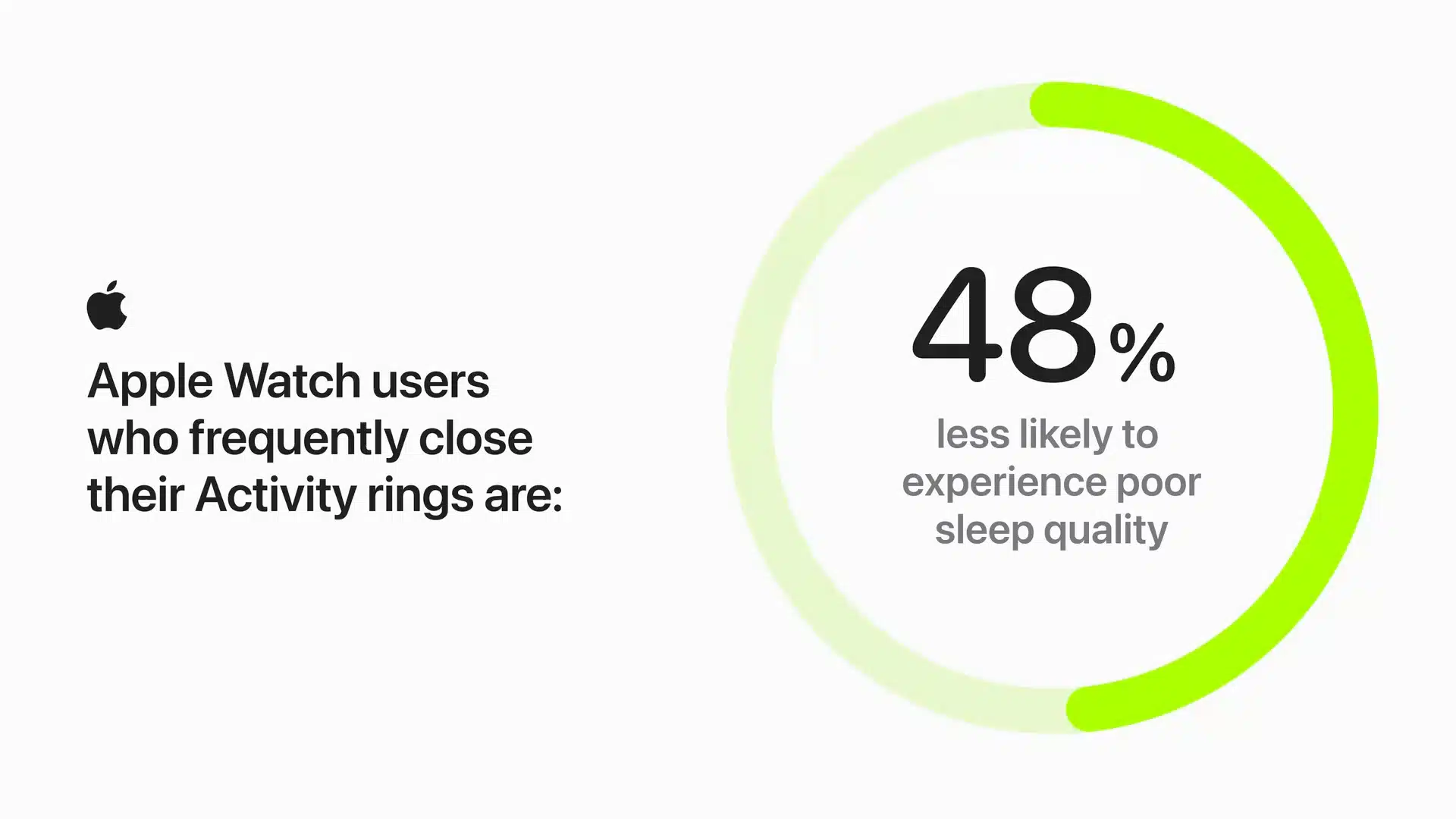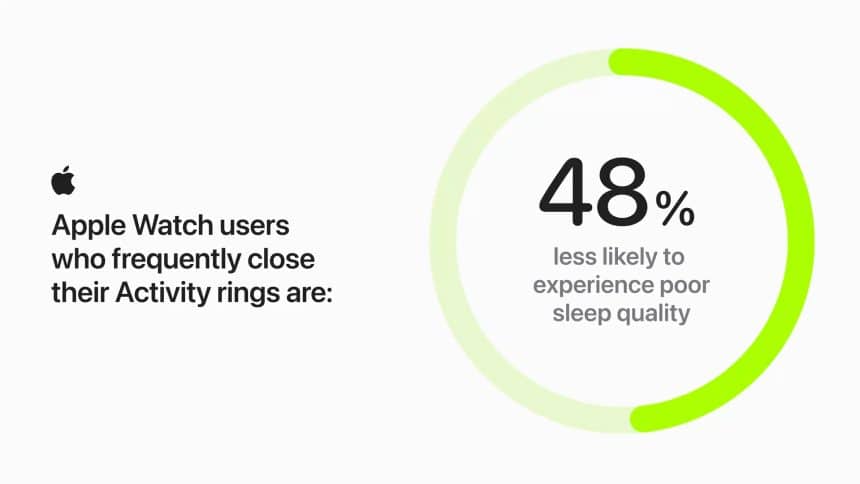Apple is inviting Apple Watch users to participate in Global Close Your Rings Day on April 24. Anyone using a watch running watchOS 5 or later can take part in the one-day event. To earn rewards, users must complete their Move, Exercise, and Stand goals.
Successful participants will unlock animated stickers in the Messages app and receive a limited-edition badge in the Fitness app. Select Apple Store locations will also hand out physical pins while supplies last.

A Decade of Activity Rings
This event celebrates the 10th anniversary of Apple’s Activity rings—a signature feature of the Apple Watch. The rings encourage users to stay active by tracking calories burned, minutes of brisk movement, and standing once per hour over 12 hours.
Users can adjust their goals to match their lifestyle or pause tracking temporarily when needed. Apple hopes this challenge inspires both new and longtime users to stay consistent with their health routines.
Backed by Science
Apple shared new results from its Heart and Movement Study, conducted with Brigham and Women’s Hospital and the American Heart Association. The study found that users who regularly closed their rings had better sleep, lower stress, and healthier heart rates.
Specifically, they were 48% less likely to experience poor sleep and 73% less likely to have elevated resting heart rates. Over 200,000 U.S. participants contributed data through the Apple Research app.
Fitness, Privacy, and Progress
The Apple Watch includes features beyond the Activity rings. It tracks workouts, monitors heart rate, provides noise alerts, and supports menstrual and medication tracking. Apple also ensures privacy by encrypting health data both on the device and in iCloud.
A Rewarding Step Forward
Global Close Your Rings Day is more than just a challenge. It’s a way to build healthier habits and earn recognition for it. Apple’s research shows that even small, consistent efforts can lead to lasting benefits—making this one-day goal a step toward long-term well-being.












